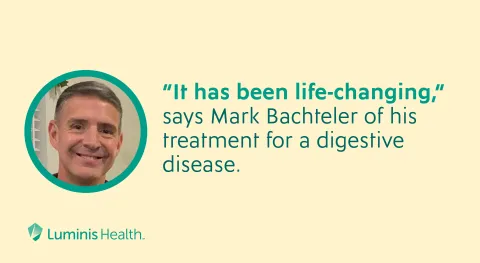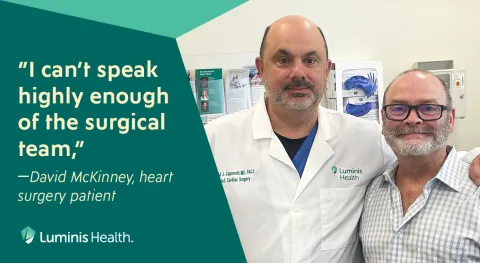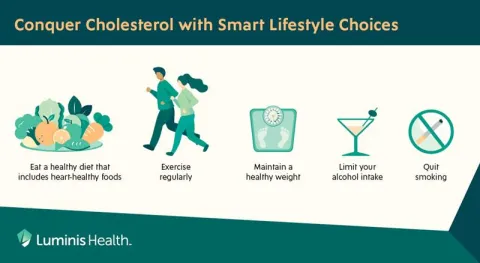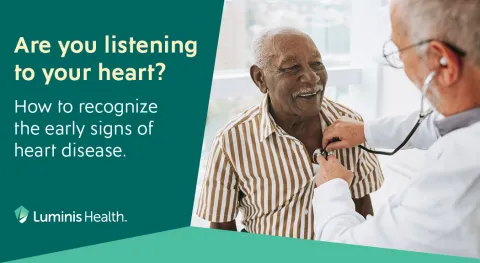Call 911 immediately if you think you might be having a heart attack. Eighty-five percent of heart damage occurs within the first two hours of a heart attack. Getting to the hospital at the earliest sign of an attack is key for a good outcome and quick recovery.
Interested in learning your heart attack risk level? Take our Heart Health Profiler.
What Is a Heart Attack?
A heart attack is a medical emergency. It usually happens when plaque in an artery blocks blood flow to your heart. Without blood, your heart can't get oxygen and heart-muscle cells die quickly.
Symptoms of a heart attack vary, but they often include chest pain or discomfort and shortness of breath.



